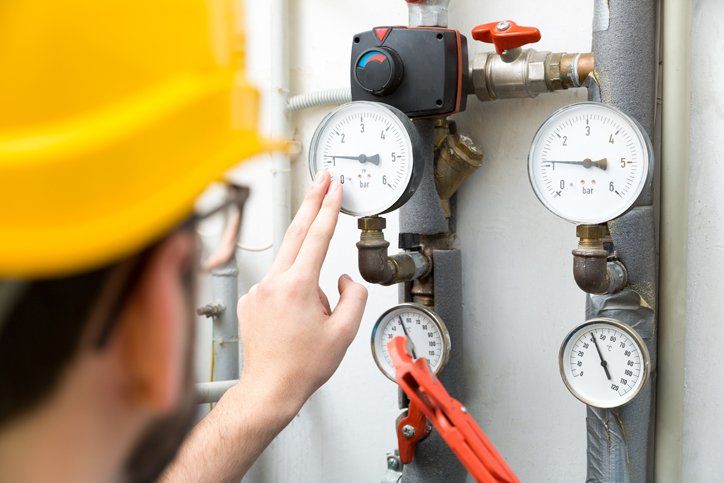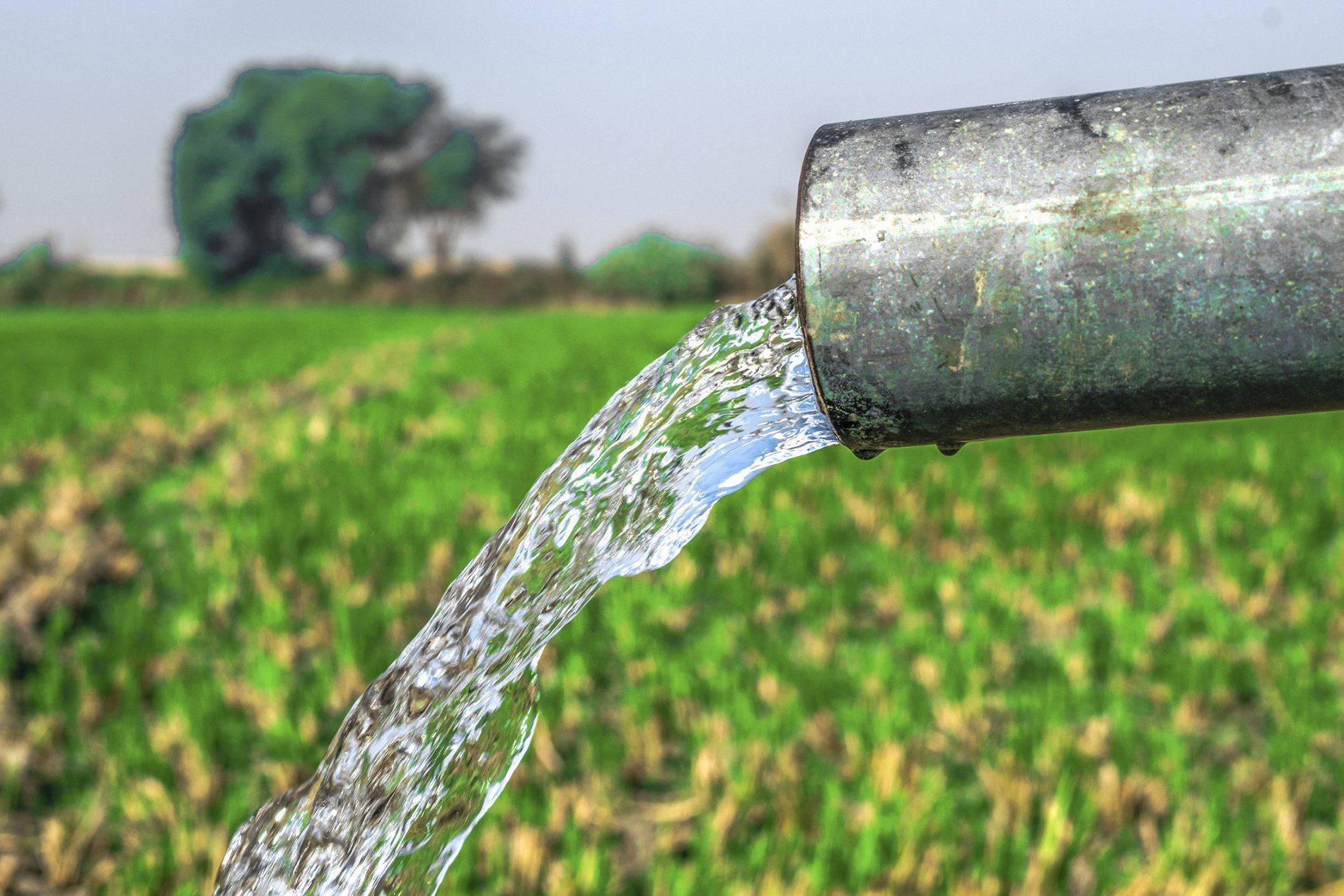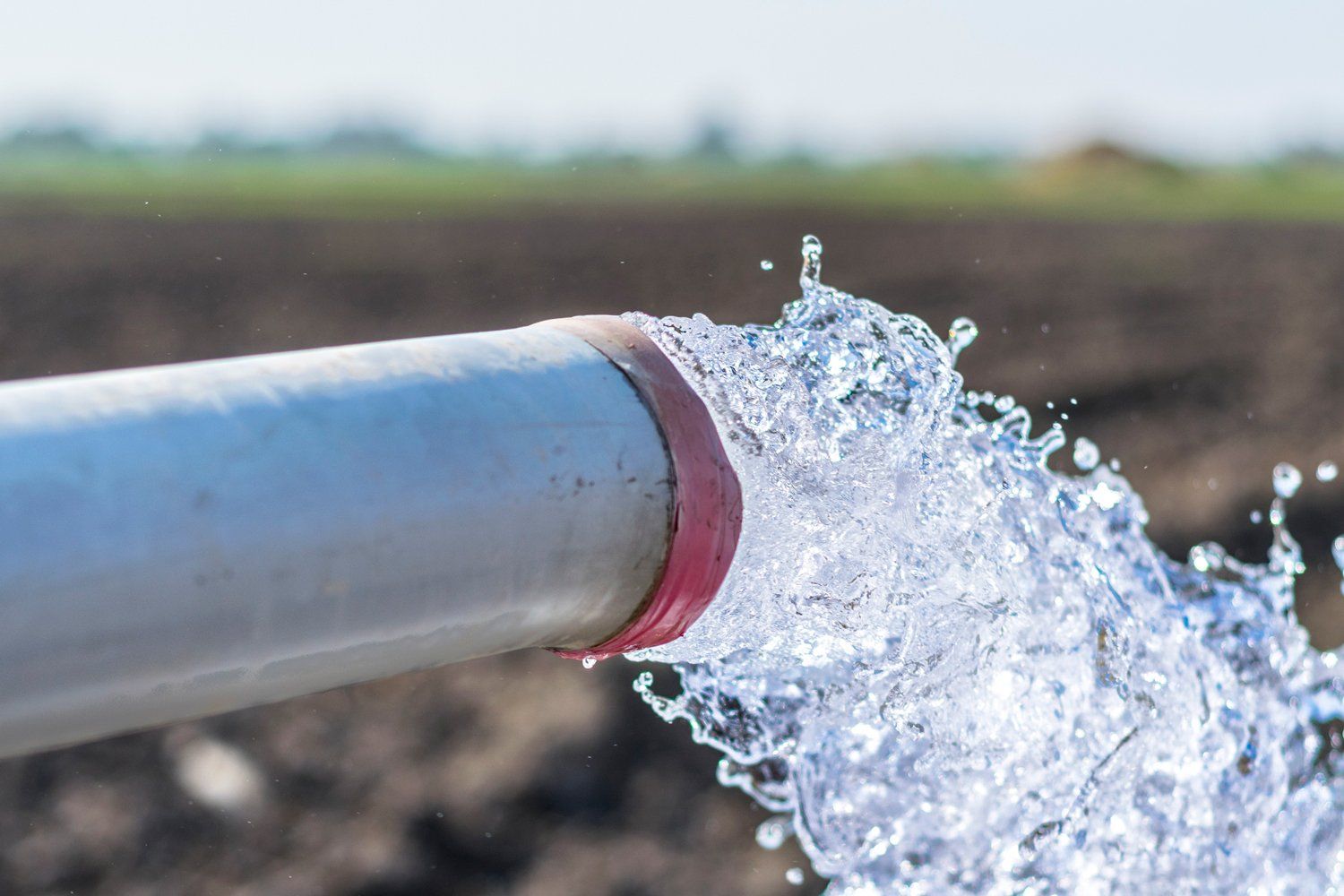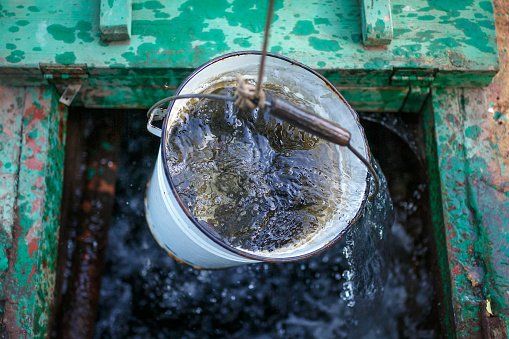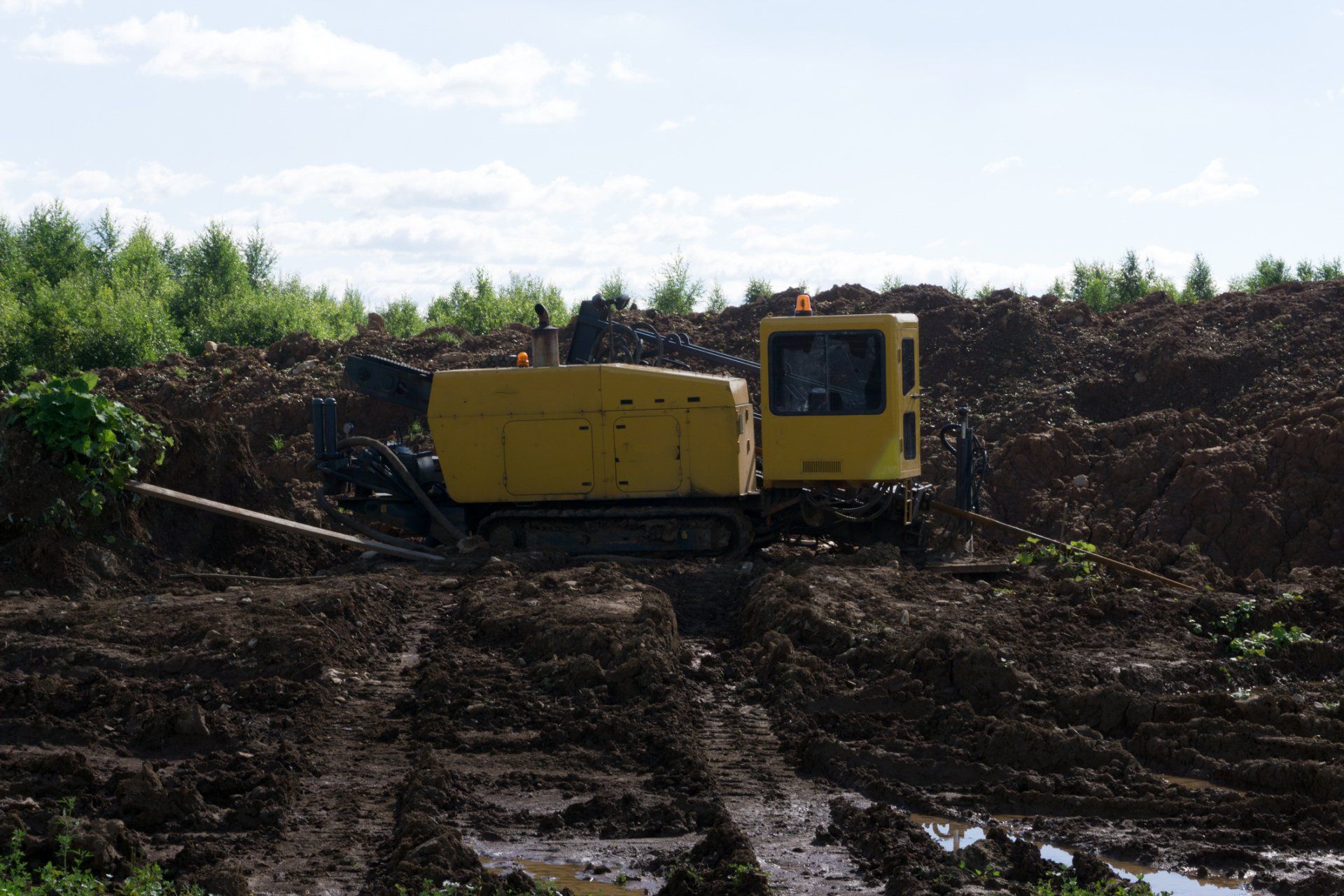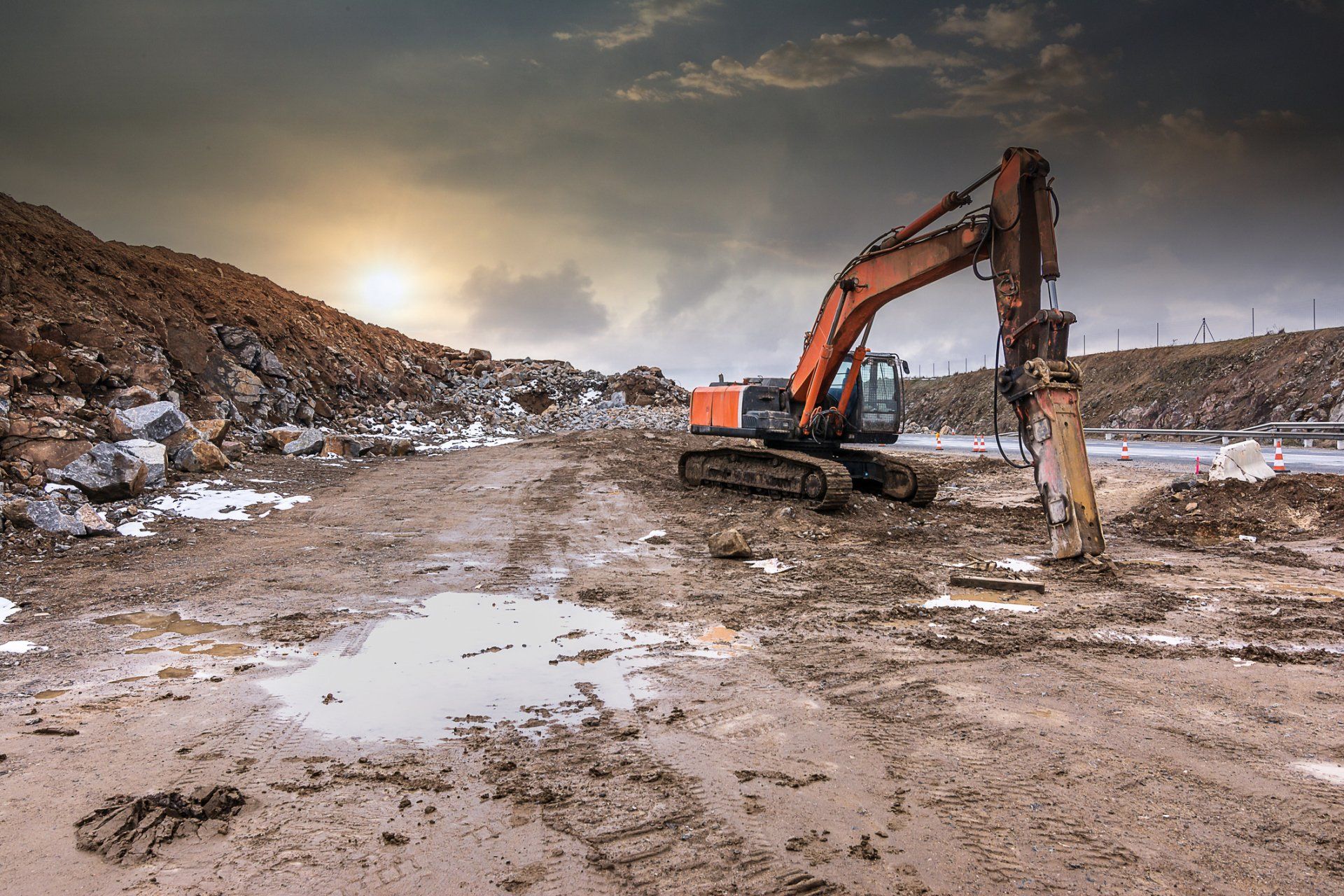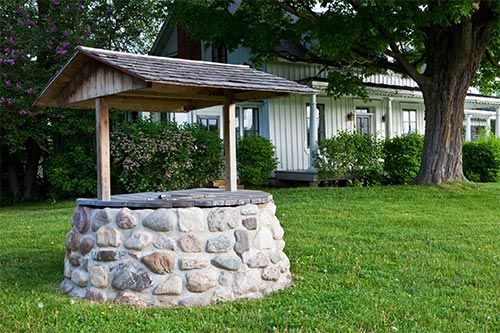Pesticides in Groundwater Can Leak Into Wells
- By Admin
- •
- 17 Jun, 2020
- •
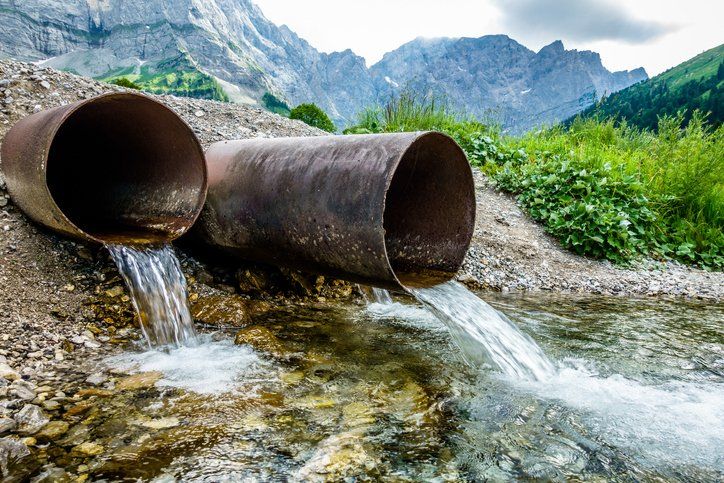
Millions of households depend on private wells for their drinking water. Many times, these households live in agricultural areas. So they may be susceptible to the use of pesticides and their leakage into the groundwater. Luckily, if you're in this situation, you have methods to protect your groundwater and keep your well water clean.
Brief Overview of Pesticides
The word pesticide is an umbrella term for a wide range of pest-controlling products. These products are used to kill, repel, or control pests. The pest can be plants, animals, or insects.
For example, herbicides are a pesticide designed to destroy weeds. Similarly, fungicides prevent the growth of fungi - specifically mold and mildew. Insecticides are designed to control different insects that harm crops. These agricultural chemicals are viewed as necessary for food production, but they can work their way into the groundwater.
Pesticide Infiltration of Groundwater
Agricultural chemicals can reach groundwater in different ways. The most obvious way is through streams. Rain can wash pesticides off plants into a runoff, which flows into the stream. Water in the streambed can seep into the ground and eventually the water-bearing aquifers below, carrying the pesticides with them.
Pesticides can also seep into the groundwater through the ground itself. In the same way that rain creates runoff into a stream, it can also create standing water, which includes pesticides. In a process called recharge, the standing water can percolate down into the water-bearing aquifer below.
A surprising way that pesticides are transported is through evaporation. Liquid forms of pesticides, or water contaminated from pesticides, can evaporate up into the atmosphere. They are also transported to the atmosphere during application. They can then return to earth in the form of precipitation, and eventually get into the groundwater.
Prevention of Pesticide Infiltration Into Wells
You may feel as if pesticides surround you. Luckily, these agricultural chemicals become diluted with each cycle. Indeed, they may take decades to even reach the groundwater. That said, you certainly want to do your best to prevent the infiltration of pesticides into your well. Much of this prevention comes down to general maintenance and common sense.
For example, prevent the direct infiltration of pesticides into your well by sloping the area around it to funnel runoff away from the opening. Likewise, don't use pesticides anywhere near the well opening. Additionally, avoid disposing any agricultural chemicals into the ground, including in a dry well.
Protection From Pesticide Infiltration in Groundwater
You may prevent pesticides from contaminating your well directly. However, your well depends on groundwater to supply it. If you have your own agricultural business, you can do your best to prevent pesticides from getting into the groundwater. However, largely agricultural areas are the most susceptible to pesticide infiltration.
To protect yourself from all pesticides, first call in well experts to test your well water for pesticides. They can also test your well water for a host of other contaminants, such as bacteria or lead.
Regardless of the results, your best option is a whole-house filtration system. The plumbers install this system at the point of entry of your house, so the water is filtered before it gets distributed to outlets such as your faucet.
Depending on the results of your water test, you may want to specify what type of filtration system you need. Specific to pesticides, a granulated activated carbon filter is very effective at removing these chemicals. The activated carbon attracts the chemical compounds, trapping them and preventing them from entering your water distribution center.
That said, talk to your well plumbing experts about a row of filters. Activated carbon filters don't remove much sediment, so you may want to have a sediment filter installed before a carbon filter.
Prevent pesticides and other agricultural chemicals from getting into your drinking water via your well. McCall Brothers Inc. can test your well and provide the necessary services to keep your water safe.


